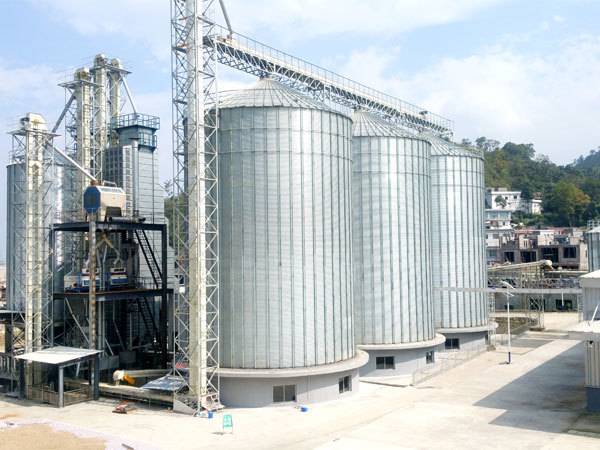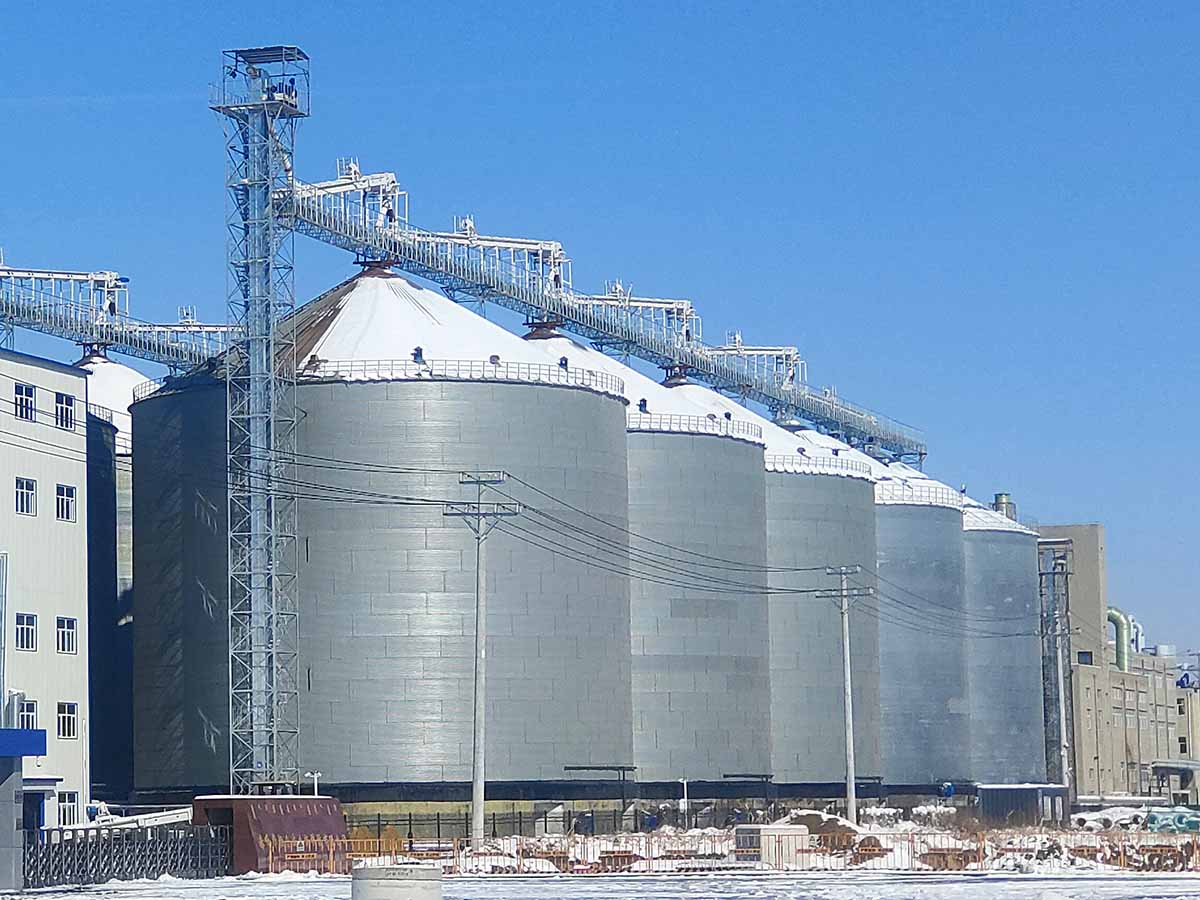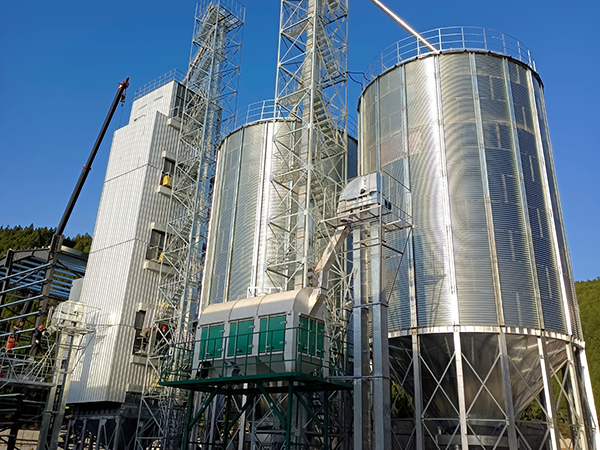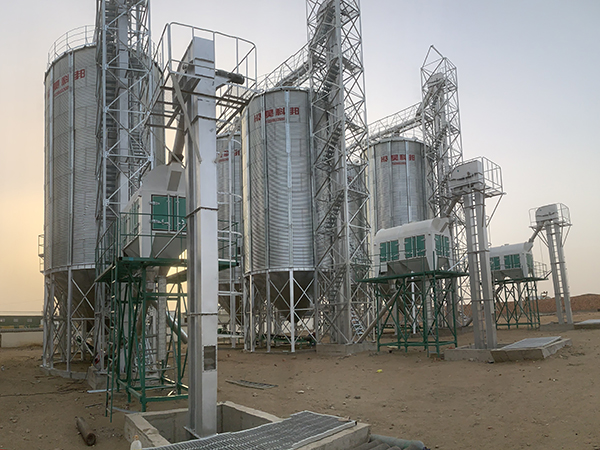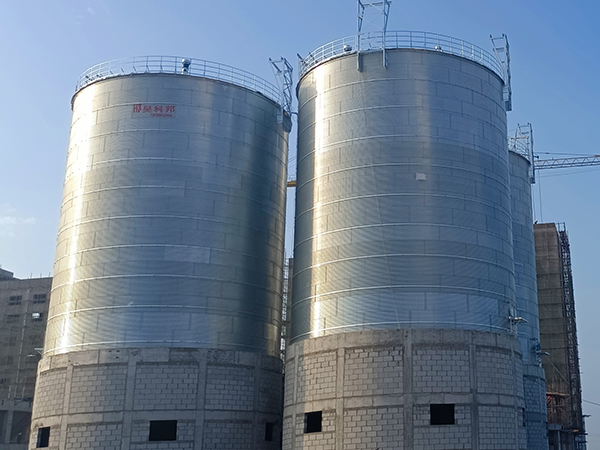Angola 2 Sets 4000 Ton & 1 Sets 300 Ton Corn Silo
Project Background
In Angola, agriculture is a vital pillar of the national economy. To improve grain storage efficiency and reduce losses, the country has introduced advanced grain storage technology. Recently, a significant project was successfully implemented, including the installation of 2 sets of 4000-ton corn silos and 1 set of 300-ton corn silo.

Technology Introduction
The introduction of these silos is a crucial step in the modernization process of Angolan agriculture. The design of the 2 sets of 4000-ton corn silo meets the needs of large-scale grain storage, while the 1 set of 300-ton corn silo provides a flexible storage solution for medium and small farms.
Installation Guidance
The project team provided comprehensive on-site installation guidance services to ensure the correct installation and operation of the silos. From foundation construction to final commissioning, every step was carried out strictly according to technical specifications to ensure the stability and durability of the silos.
Technological Innovation
By adopting the latest anti-corrosion and sealing technologies, these silos can ensure the quality and safety of the grain during storage. Whether it is a 300-ton or a 4000-ton corn silo, they are all equipped with advanced monitoring systems for real-time monitoring of grain status.
Economic Benefits
The installation of these silos has significantly reduced the cost of grain storage and transportation, while improving storage efficiency. For Angolan agriculture, this is a result that achieves both economic and social benefits.
Social Impact
The installation of 2 sets of 4000-ton corn silos and 1 set of 300-ton corn silo enhances Angola’s grain storage capacity. Additionally, it supports sustainable agricultural development. The successful implementation of these projects will help improve the living standards of local farmers and promote economic development.
Future Outlook
With the commissioning of these silos, Angolan agriculture will enter a new era. In the future, additional technological innovations and modernization projects will be introduced. These initiatives aim to continuously promote agricultural development and contribute to the prosperity of the country.


